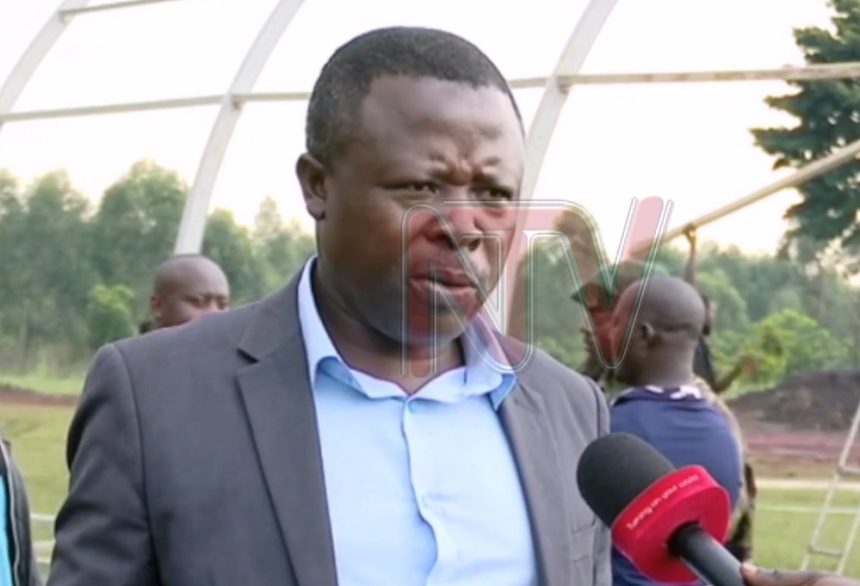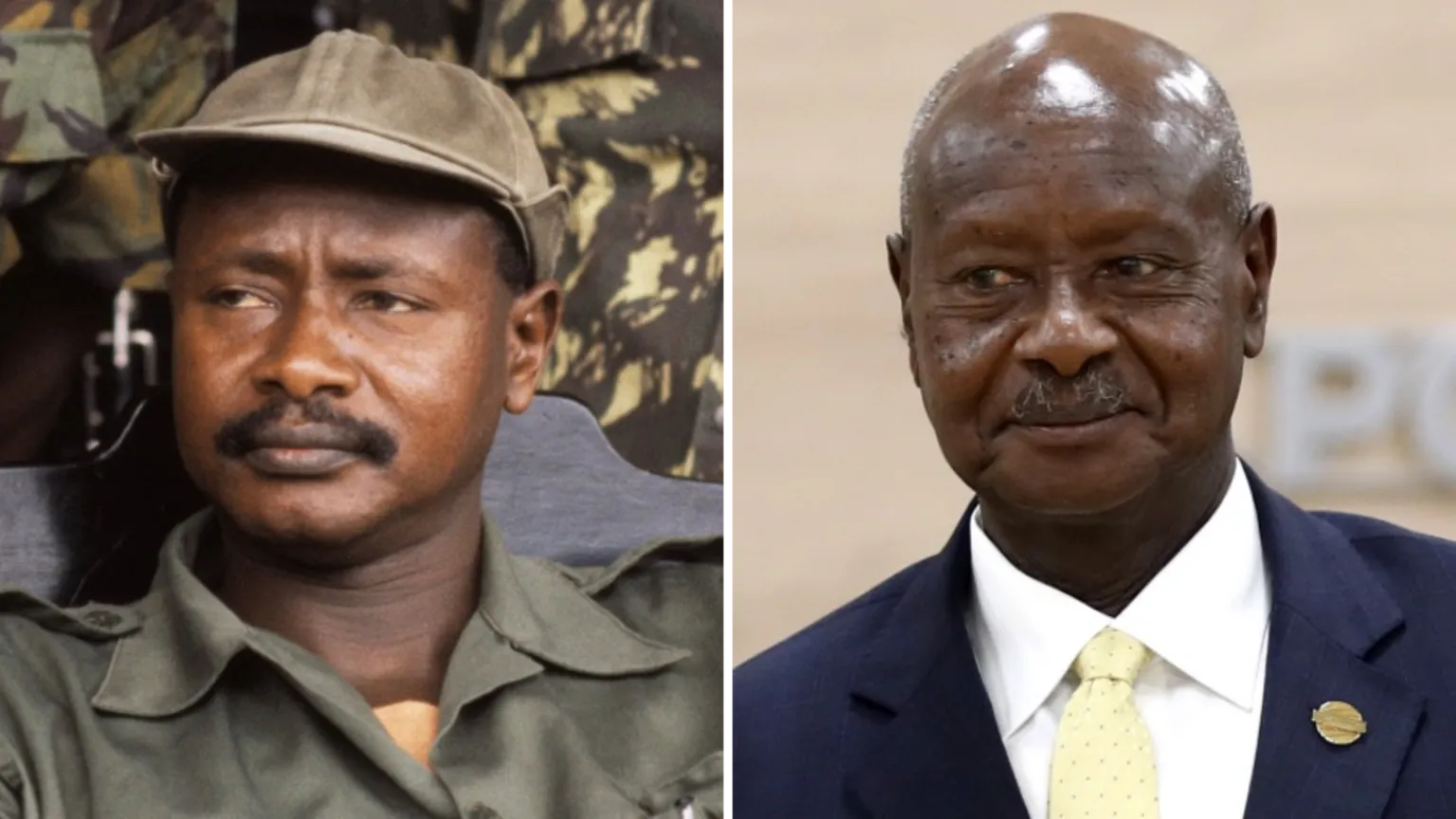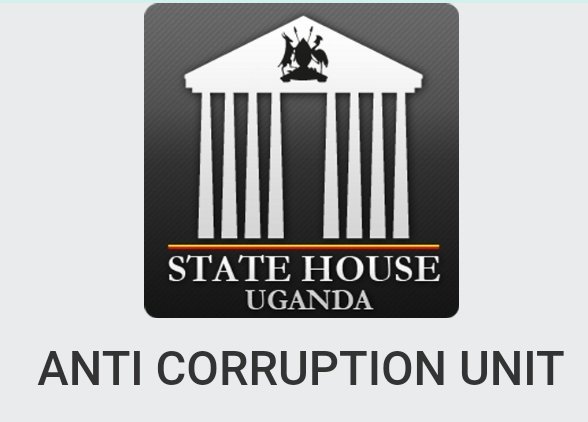By Masiga Steven – The Bamasaaba clan leaders successfully employed the Alternative Dispute Resolution (ADR) mechanism, as guided by the Constitution of Uganda and the Cultural Leaders Act 2011, to settle a conflict that was tearing up the whole community on who was the legitimately chosen cultural leader of Bugisu.
The Minister for Gender, Hon. Betty Amongi, addressing herself on the Cultural Leaders Act and attendant solutions on how to resolve cultural-related conflicts/disputes whenever they crop up, employed Section 16(1) of the CLA in tandem with Article 246(1) of the Ugandan Constitution. She assembled a team of elders chaired by the Umukuka Emeritus Wilson Wamimbi to help extinguish a conflict that was giving Bamasaaba people sleepless nights on who of the claimants was their bona fide cultural leader. The outcome of that meeting, which took place in July 2023, metaphorized into the current efforts where the Umukuka III was gazetted by Government in line with Section 6 of the Cultural Leaders Act, setting a precedent on solving conflicts within cultural and traditional institutions using ADR methods. As I write, there is no more murmuration in Masaabaland on the subject of Umukuka.
One of the leading judges on ADR, Justice Boreham, once defined Alternative Dispute Resolution (ADR) as “justice between man and man.” Uganda has sufficient statutory provisions for its smooth operation across the various communities in the country, notable among these are the Constitution of Uganda (Articles 246(1) and 126), the Conciliation and Arbitration Act Cap 4, among others.
Military and political efforts to resolve political differences using Alternative Dispute Resolution (ADR) in Uganda are on record. The 1985 peace talks between the National Resistance Army (NRA) and General Tito Okello’s Government, which were held in Nairobi and mediated by Kenya’s President Daniel Arap Moi, aimed to find a lasting solution to the political problems at the time. This was conducted within the auspices of Alternative Dispute Resolution (ADR), where the belligerents chose to use alternative means to resolve their political misunderstanding through mediation and negotiations. Hence, if Generals can employ ADR to end their military misunderstandings by averting full-scale war, it is not necessarily that they had run short of military war material, but because peace is more important than war.
A few years back, when General Joseph Kony was decimating his own kinsmen, the Government of Uganda employed Alternative Dispute Resolution and deployed its respected cadres at that time, like the current Chief Justice Justice Owiny-Dollo, Mr. Mao Robert, Hon. Betty Bigombe, and Hon. Ruhakana Rugunda, to talk to Joseph Kony in order to persuade him to abandon the idea of planning to take over the governance of Uganda using military force. Many of the combatants who accepted to lay down their arms were later on granted amnesty by the Government as a condition precedent.
My angle on writing about the relevance of ADR in solving community-related conflicts is not to go into the general dimensions of definitions of ADR or its advantages or disadvantages. However, it is a trite view that ADR is associated with several benefits, like the hiring of experts with relevant expertise on a particular dispute in question. It is a very flexible approach in resolving disputes, including maintaining community relations as people exit the session as brothers and not adversaries. There is always a win-win situation for every party to the conflict.
By definition, Alternative Dispute Resolution techniques focus on mediating and resolving community-related conflicts that may crop up, especially conflicts that are not highly criminal but by and large focus on addressing civil or private-related conflicts. Those doing so should be clothed with authority to do so, so that it can later on feed into the formal court system in case the disputants are uncomfortable with the outcome.
Alternative Dispute Resolution as a mechanism for conflict resolution is as old as conflicts themselves. In Uganda, there is both judicial and legislative support for its use, for example, the Arbitration and Conciliation Act Cap 4. Conflicting parties are enjoined to use ADR where they can identify an experienced mediator to help them extinguish their conflicts or misunderstandings amicably. There is also a constitutional directive and preference for ADR, which is assumed to be quicker, as justice delayed is justice denied (Art 126(2)(E)). Courts of law have also enjoined warring parties to embrace ADR so that courts are not overloaded with minor civil cases. Civil Procedure Rules are also equally supportive of ADR’s use. Some courts are reluctant to entertain any matter before them unless it is shown on the record of court that ADR was employed at the formative stage but failed.
Alternative Dispute Resolution has enjoyed wide support and use ranging from the days of the Bible and the construction of the Kaaba, where Prophet Muhammad (PBUH) tactfully applied it during the construction of the Kaaba and thus avoided a very dangerous conflict, which conflict would have torn down Islam. King Solomon tactfully used it and saved the life of an infant where mothers were conflicting over parentage.
The Bible, just like the Quran, encourages believers to settle their misunderstandings between brothers (brethren) privately (Matthew 18:15-17). If this fails, you assemble a few persons to talk to your brother. The Quran believes in resolving our conflicts using this technique. The Quran and Islamic traditions strongly encourage the resolution of disputes through peaceful means, including through mediation, negotiations, conciliation, and arbitration.
Outside the biblical and Quranic settings, nobody can escape ADR, whether in criminal or civil cases. I have seen its usefulness in plea bargaining. I have seen it at play in the Companies Act, the Road and Safety Act. It is literally everywhere and nobody can deny ADR.
Recently, while I was making a presentation on behalf of the Bamasaaba Cultural Institution, I implored the Uganda Wildlife Authority (UWA) to work closely with the cultural institution(s) to ensure that conflicts bordering on straying into the park protected areas are resolved through ADR instead of killing our people by shooting. On many occasions, we have shootings between UWA and retaliations by communities, which is not good when it comes to law enforcement. UWA should reduce its hand on the trigger and instead utilize ADR tools like mediation, negotiations, conciliation, etc.
The writer is the spokesperson of the Bugisu Cultural Institution, tel 0782231577.




















